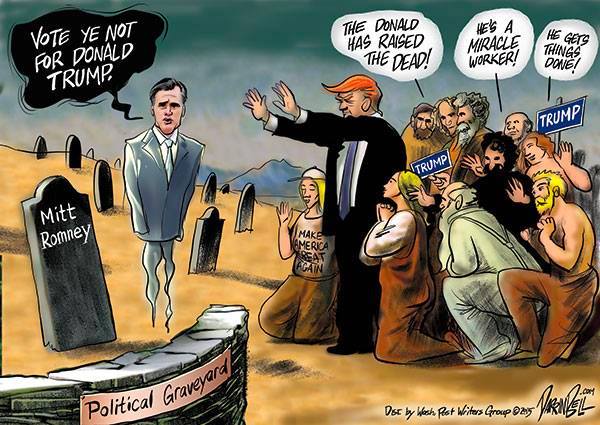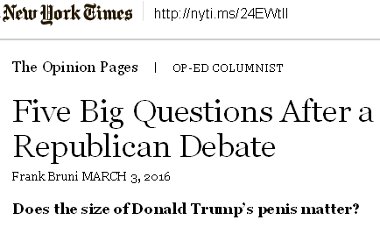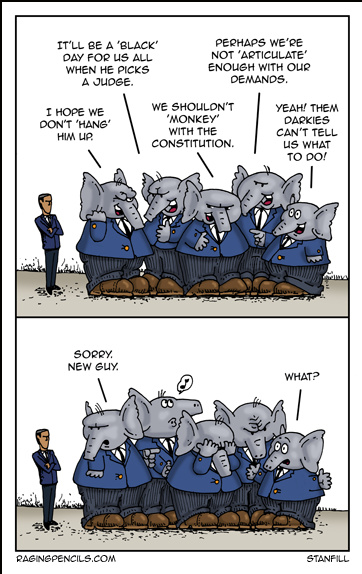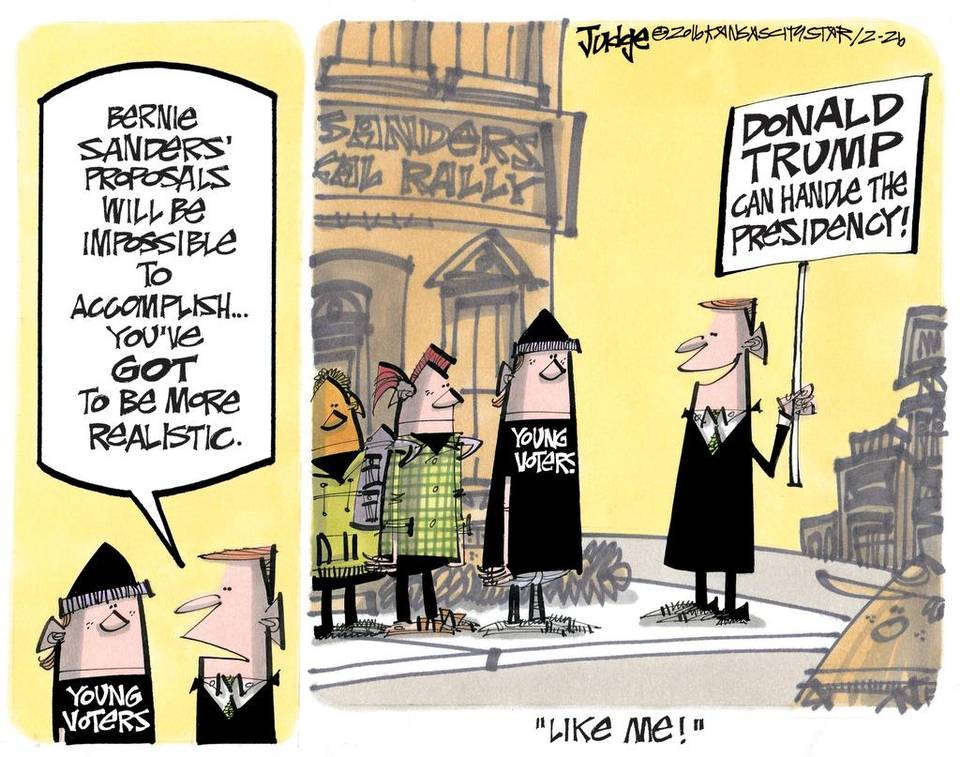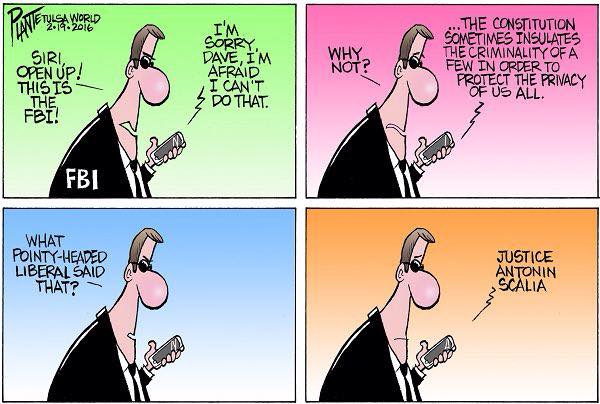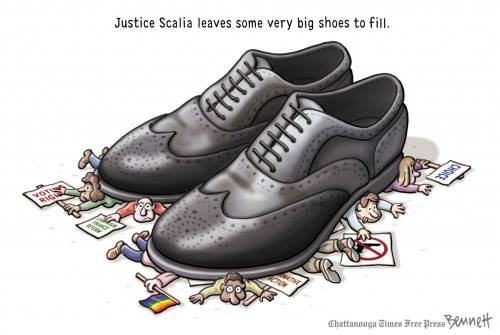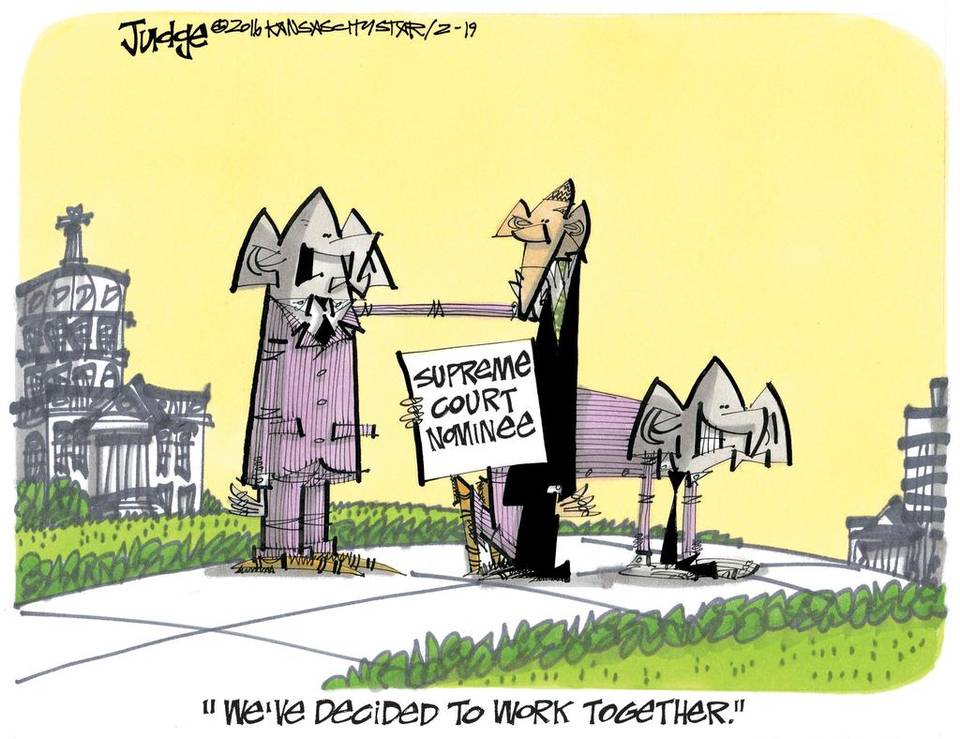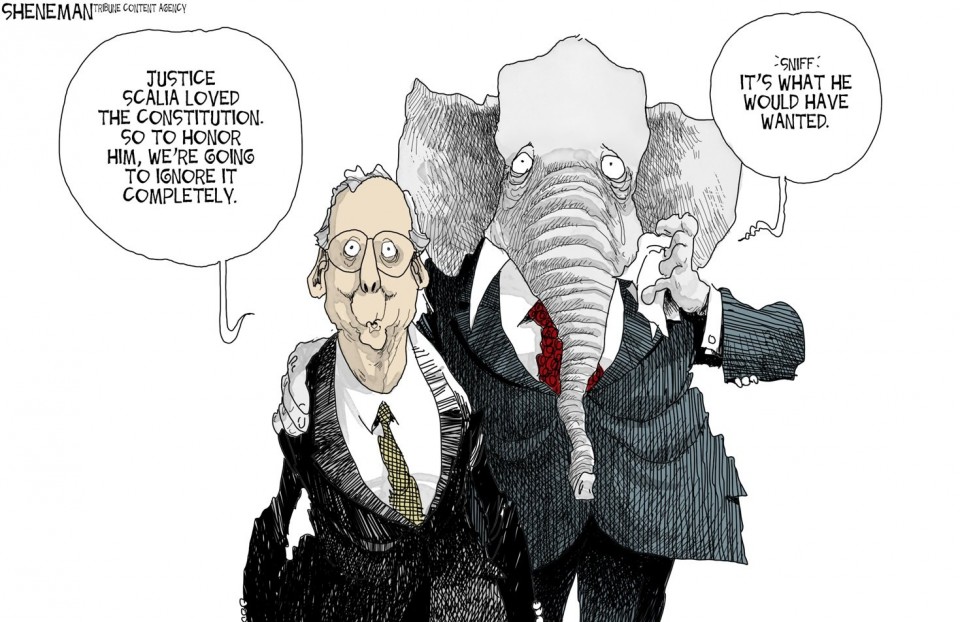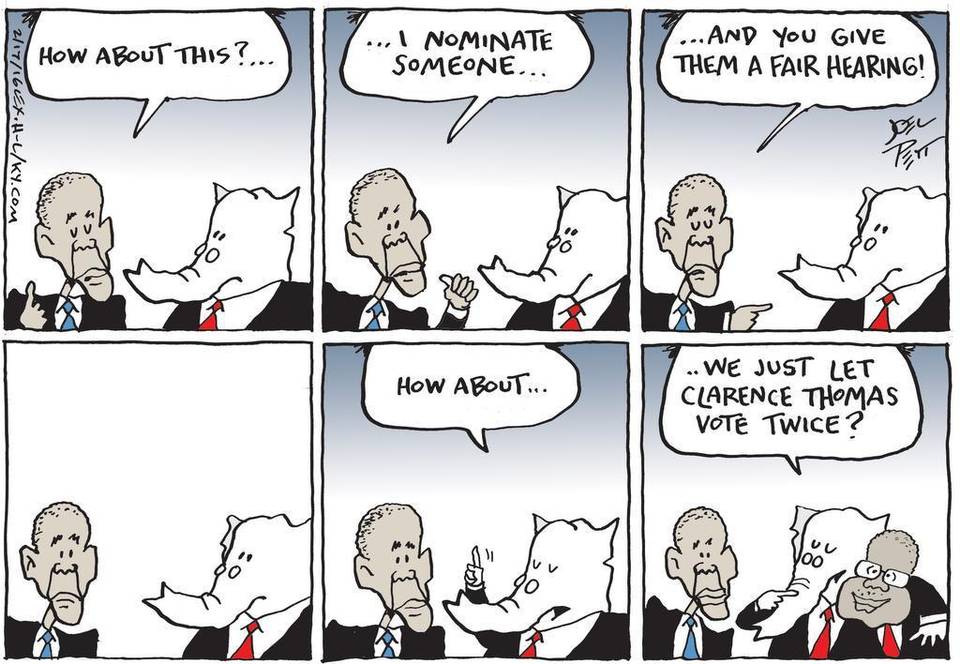Last week, Wrongo read “The Bully Pulpit: Theodore Roosevelt, William Howard Taft, and the Golden Age of Journalism” by Doris Kearns Goodwin (Simon and Schuster, 2013). The book covers the birth of the Progressive Era, a period of social activism and political reform across the US, from the 1890s to 1920.
For context about the times, does any of this sound familiar?
The gap between rich and poor has never been wider…legislative stalemate paralyzes the country…corporations resist federal regulations…spectacular mergers produce giant companies…the influence of money in politics deepens…bombs explode in crowded streets…small wars proliferate far from our shores…a dizzying array of inventions speeds the pace of daily life.
That was the political landscape in the 1890s. This was the time of the Gilded Age, a time of income and wealth inequality. From 1860 to 1900, the wealthiest 2% of American households owned more than a third of the nation’s wealth, while the top 10% owned roughly three-fourths of it. The bottom 40% had no wealth at all.
“The Bully Pulpit” tries to do three things simultaneously: It is a biography of Theodore Roosevelt, and a biography of William Howard Taft; third, it introduces us to McClure’s magazine and the rise of Muckraking journalism. The muckrakers were investigative reporters who exposed corrupt politicians and business leaders at all levels. Goodwin includes mini-bios of Ida Tarbell, Lincoln Steffens, Ray Stannard Baker and William A. White, all of whom were titans of investigative journalism at the time. A key finding by Goodwin is how TR encouraged the Muckrakers. He offered them access and friendship, and received information about the problems they were investigating, a synergy that enabled both to influence policy and politics for 30 years.
Consider the times: Corporations were ascendant. Politicians were reluctant to involve the federal government too heavily in the private sector. In general, they accepted the concept of laissez-faire, opposing government interference in the economy except to maintain law and order. This attitude started to change during the depression of the 1890s when small businesses, farmers, and labor movements began asking the government to intercede on their behalf.
By the start of the 20th century, the middle class was leery of the emerging corporate giants called “Trusts”. The Trusts consolidated businesses, using horizontal (controlling competitors) or vertical integration (controlling supply and distribution), and thus, created monopolies. For example, John D. Rockefeller drove other oil companies out of business and created a giant oil company, Standard Oil.
The Progressives argued the need for government regulation of business practices to ensure competition and free enterprise. Under President Benjamin Harrison, Congress regulated railroads in 1887 (the Interstate Commerce Act), and in 1890, the Sherman Antitrust Act, which prevented large firms from controlling a single industry. But, these laws were not rigorously enforced until Teddy Roosevelt, vice president under McKinley, became president after McKinley’s assassination in 1901.
Roosevelt and William Howard Taft became close friends when both were part of the Harrison administration in 1888. Taft became a key member of President Roosevelt’s cabinet, and later his handpicked successor, in the election of 1908. While TR thought Taft a “genuine Progressive”, Taft was not the politician that TR was, and he was by temperament, more conservative. In 1910, TR broke bitterly with Taft on a series of issues and when in the 1912 nomination process, Roosevelt failed to block Taft’s re-nomination, he launched the Bull Moose Party. This ultimately led to them both losing in 1912 to Democrat Woodrow Wilson, who also ran as a Progressive.
This wave of reforms was continued by Wilson. The legacy of the Progressive Era includes the Pure Food and Drug act, the progressive income tax, direct election of senators and the women’s vote.
All of this makes “Bully Pulpit” a very long book at 928 pages. But, it is a very worthwhile read, particularly since many of the same issues we face today were in full flower back then. And it is remarkable how similar the political and ideological arguments of the time are nearly identical to the arguments today.
The book gives us some hope that, at one time, divided government could morph into a movement that won by embracing progressive values. That happened because interest groups, including farmers, small businesses and unions joined together with local governments, journalists like the Muckrakers, and sympathetic politicians of both parties to energize a movement that was directed at solving specific problems – the consequences of the Gilded Age.
Can it happen again? Can investigative journalism return, or is it dead?
Tomorrow, we will take a look at why Progressivism died and was then reborn under another Roosevelt.

